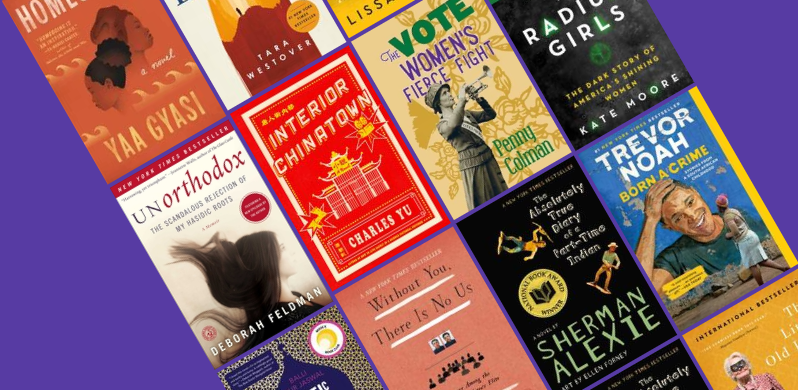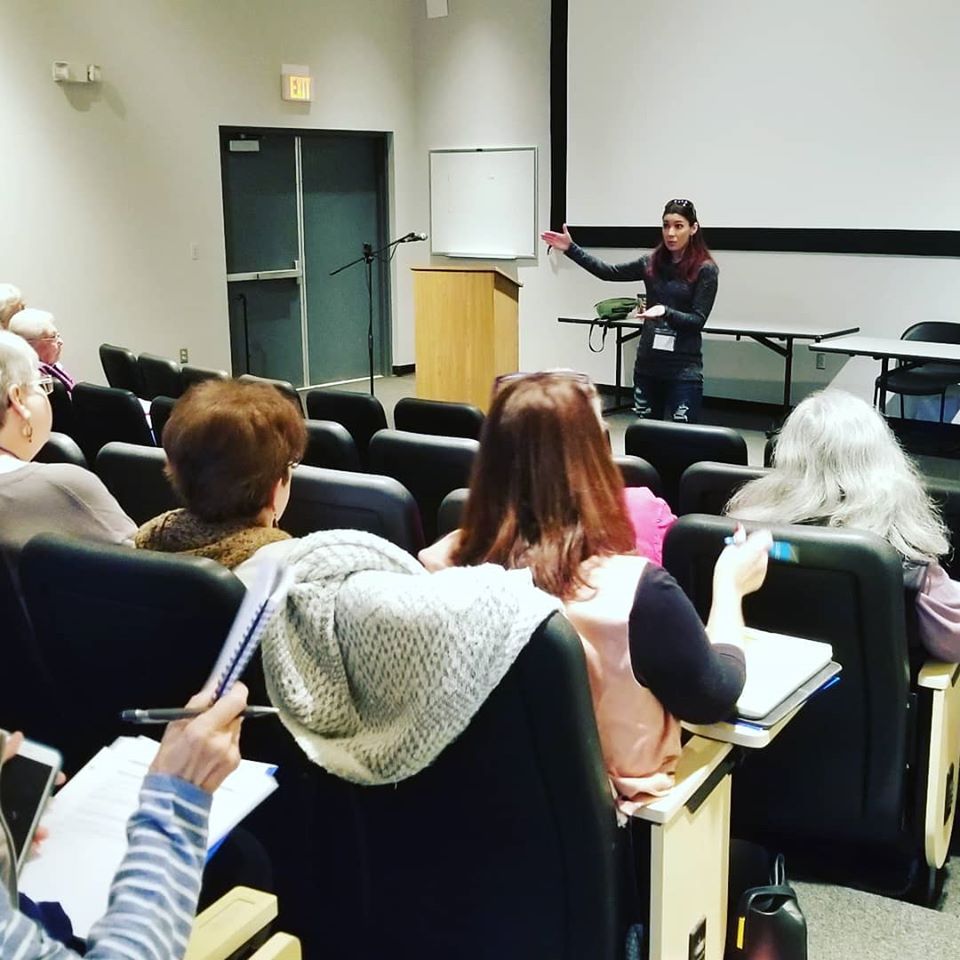With Unemployment Soaring, Your Disengaged Employees Won’t Quit

At the start of the COVID-19 pandemic in March, millions of workers were temporarily furloughed as states shut down and businesses were forced to close. Now, as more cities and companies re-open, some employees won’t be welcomed back. In some cases, employers took hard financial hits from lost customers and needed to cut their staff. In other cases, companies were looking to “trim the fat” and the pandemic provided a convenient opportunity. Either way, unemployment numbers remain high.
One study released in May by the University of Chicago predicted that many of the temporary furloughs will become permanent layoffs. Meanwhile, other companies have issued hiring freezes until economic stability returns.
All of this proves that it isn’t a great time to enter the job market. Millions of Americans are clamoring for any job they can get, while human resource teams are flooded with applicants on every job post.
What does this mean for your team? In short, the disengaged employees who would otherwise quit when they are unhappy are going to stick around, and this will have serious implications for the success of your company in the future.
Employees Are Less Likely to Quit in a Bad Economy
In 2001, the Bureau of Labor Statistics (BLS) began tracking the quit rate, aka the share of people who left their jobs on their own accord – as opposed to getting fired or laid-off. This rate plummeted during the recession (around 2009 and 2010) when jobs were scarce but steadily increased over the years, reaching the highest rates since before 2008 in the fall of 2019.
Quit rates serve as a pulse for economic security in the United States. High quit rates indicate that people feel confident in their ability to find work – or at least to sustain themselves while they look for a new job.
“The rate at which people quit tends to rise when the economy is strong and workers are confident they can find another job, often one that pays better,” Jeffry Bartash writes at MarketWatch.
Additionally, there are two signals that determine whether or not people are likely to quit: the labor market and wage growth.
“A stronger labor market means employers must fill more openings from the ranks of the already employed, who have to quit their jobs, instead of hiring jobless workers,” Nick Bunker writes for Indeed’s State of the Labor Market report. “Similarly, faster wage growth in an industry signals workers that opportunities abound and they might get higher pay by taking a new job.”
In a strong, healthy economy, employees feel confident quitting their jobs. Their spouse or significant other might earn enough to support them or they feel like they can get another job within a short period of time. Employees are also more likely to “job hop” or try different jobs in hopes of raising their salaries and positions. During this time, recruiters actively have to lure employees away from their current positions to try new ones.
However, we aren’t in a healthy economy anymore. Employee uncertainty is peaking as unemployment rises. If one spouse is laid off, the other won’t quit his or her job because they need at least one form of steady income. As jobs are perceived as being increasingly scarce, employees are going to stick around.
Disengaged Employees Weigh Down Your Company
At first glance, these lower quit rates might seem like a good thing for some employers. Lower turnover means businesses can save money and keep that industry expertise within their walls. After all, turnover is notoriously expensive.
As a general rule of thumb, it costs a business six to nine months’ salary to replace an employee. These costs come in the form of general HR (recruiting and hiring) costs, lost productivity while other team members pick up the slack, as well as training and onboarding costs. If an employee earns $50,000 annually, it could cost $37,000 to find a replacement and bring them up to speed.
However, disengaged employees come with their own costs. They cause a “slow bleed,” where they keep siphoning company funds as long as they stay on staff.
Justin Warner at DecisionWise found that each disengaged employee costs $3,400 for every $10,000 in annual salary. This means your disengaged employee who makes $50,000 annually could cost you $17,000 each year that they stick around.
While turnover costs are significant, they can be mitigated if the replacement you hire stays with your organization for several years. A disengaged employee keeps costing you year-after-year.
Furthermore, companies with engaged employees grow profits as much as three times faster than their competitors. Yes, employee turnover costs money. However, disengaged employees cost money as well. It’s up to you to determine whether the hit to your productivity and profits from keeping these employees on staff is worth the savings of low turnover.
You Don’t Want Disengaged Employees Sticking Around
Not only are disengaged employees costly, but they are bad for morale. If disengaged workers don’t feel like they can easily find work elsewhere because of an unsteady economy, they are going to keep doing the bare minimum just so you don’t fire them.
A 2019 report by Achievers found that only 35% of employees planned to look for another job in 2019; however, this doesn’t mean that most people are happy where they are. Only 21% of employees are “very engaged” in their work, leading Achievers to believe employees are sticking around just for the paycheck. They call this The Complacency Effect (also the title of their report) because employees aren’t at breaking points where they want to leave the company, but they aren’t invested and working to drive the business forward.
“Employers that ignore this complacency are at risk of losing customers, high-performing employees and profit, and lack a team actively working toward the company’s vision,” they write.
Lisa Earle McLeod, author of Selling with Noble Purpose, calls disengaged employees who refuse to leave “quit and stays,” or employees who mentally check out of their work but stay with the same company.
“If people are quitting left and right, you have a retention problem,” McLeod writes. “If your good people are the ones quitting, you have something worse; you have an engagement problem. High performers won’t stay in a low engagement culture.”
If they do, they will become low performers – increasing your number of quit and stays.
Consider EmploymeE Engagement During the COVID-19 Pandemic
So far, we have looked at employment and engagement from a macro-level. However, these insights can get drilled down to the micro-level within your organization.
How you treated your employees during the spring of 2020 (and the rest of this year) will affect how engaged they are in 2021 and beyond. You already know they aren’t going to quit because of the economy, so the question remains: are they quit and stays? Are they staying in place to collect a paycheck and get by doing the bare minimum?
Consider how Florida State University (my alma mater) sent out a memo telling workers that they, “will no longer allow employees to care for children while working remotely,” as COVID-19 cases soared in Florida and schools were out for the summer. Many parents didn’t have any childcare alternatives this year. They had to care for their kids and work at the same time. (This memo was later backtracked, but the damage to the university’s reputation was done.)
Remember how Publix banned employees from wearing masks and gloves back in March? They didn’t want to scare shoppers with the optics of an employee in a mask. This raised alarm bells for many workers who felt the company was prioritizing PR over their safety. Today, the idea of shopping without a mask seems ridiculous.
Long after these stories leave the headlines, the employees who work there will remember how they were treated. And Publix and FSU aren’t alone. Hundreds of companies have put their employees in unsafe situations and let them know that they were welcome to resign if they didn’t like the new policies.
“Not only is it a safety issue, it’s a business issue,” Mark Cuban, billionaire entrepreneur, tells CNBC. “How companies respond…is going to define their brand for decades. If you rushed in and somebody got sick, you were that company. If you didn’t take care of your employees or stakeholders and put them first, you were that company.”
Many consumers have a bad taste in their mouths when they think of certain companies now, and so do the employees who work for them.
You Can Still Turn 2020 Around
It may be July, but there is still time to reverse your current disengagement trends. If you mistreat your workers through the pandemic and beyond, you won’t motivate them to work harder. Instead, they will look at the job market and decide if it is safe to quit or if they should just skate by on the bare minimum for a few more years.
You can create a company of deadweight or you can engage your team members to do their best for you. It all starts not with their attitudes, but with your treatment of staff and the employee policies that you have in place.







Recent Comments